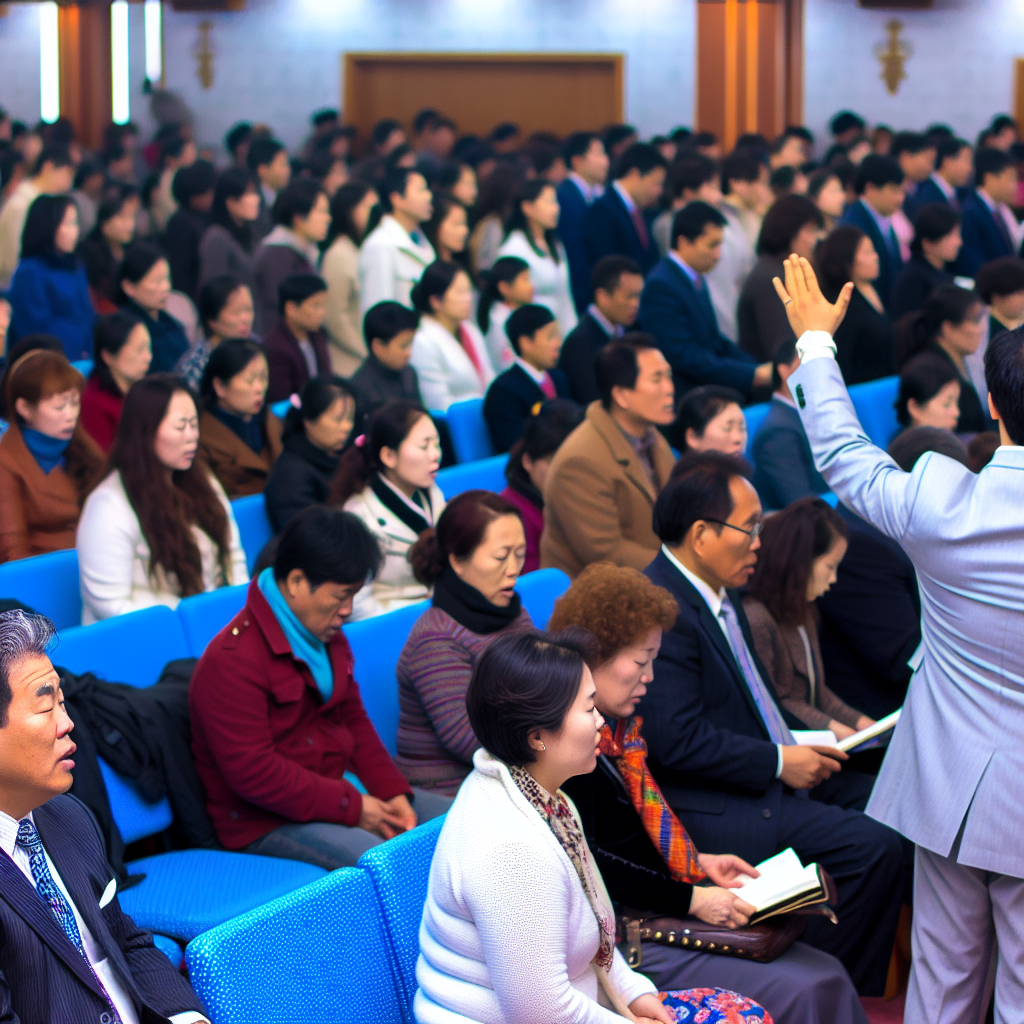In a world marked by division, the Korean Christian church serves as a beacon of spiritual harmony. Through cross-cultural ministry and a Christ-centered life, international fellowship fosters love across cultures. This article explores how these churches are transforming communities by emphasizing church unity and discipleship.
Korean Christian Church Influence
The Korean Christian church reflects a profound historical and cultural significance, deeply rooted in the tumultuous history of Korea and the rapid modernization of the nation. From its introduction in the late 19th century, it has catalyzed educational advancement and societal reform, fostering a unique identity that combines faith and cultural values. The church has nurtured a sense of community, promoting spiritual harmony and unity among believers, regardless of background. As members engage in discipleship and mission work, the church embodies love across cultures, instilling hope through Christ. This faith-centered community serves as a beacon of transformation, influencing spiritual life in both local and international contexts.
Cross-Cultural Ministry and Its Power
Cross-cultural ministry within Korean Christian church networks significantly enriches the global fellowship of believers. By actively engaging diverse cultures, these churches not only bridge cultural gaps but also reflect the multifaceted nature of the body of Christ. This form of ministry fosters deep connections, creating a faith community where love transcends geographic and social boundaries. Through shared worship, disciple-making, and mission work, members experience spiritual harmony, enabling them to witness the hope found in Christ. Such united efforts illuminate the transformative power of faith, as believers work together to serve others, exemplifying Christ’s love in diverse contexts.
The Essence of a Christ-Centered Life
Living a Christ-centered life forms the bedrock of spiritual harmony within the Korean Christian church and its international networks. Theologically, Christ’s teachings serve as the compass for moral and spiritual pursuits, facilitating a deeper understanding of love and empathy among believers. This infused love extends beyond cultural barriers, allowing congregants to experience genuine fellowship across various backgrounds.
Practically, this means engaging in discipleship that emphasizes shared experiences and mutual support. Such dynamics not only foster individual growth but also strengthen communal bonds, creating a unified church that embodies Christ’s message. In this environment, hope through Christ is both a lived experience and a collective mission, enriching the church’s cross-cultural ministry and reflecting the beauty of unity.
Faith in Community: Building Church Unity
Faith in community is an essential pillar for fostering unity within Korean Christian churches. It nurtures an environment where believers feel supported and valued, empowering them to share their faith actively. Through small group meetings, prayer sessions, and fellowship gatherings, churches nurture relationships that strengthen connections among congregants, creating a culture of mutual respect and encouragement.
Korean churches often utilize programs like mentorship and discipleship initiatives that align believers in common goals, fostering collaboration and spiritual growth. Such frameworks cultivate a sense of belonging, embracing diverse backgrounds while emphasizing shared core beliefs in Christ. This cohesive approach to faith cultivates harmony, anchoring the transformative power of love across cultures and ensuring that the community thrives together in their shared mission.
Love Across Cultures: Discipleship and Mission
In the realm of cross-cultural discipleship and mission, love serves as the foundation that transcends language barriers and cultural differences. Korean Christian churches actively engage in outreach programs that reflect Christ’s message of love and unity. These initiatives include community service, educational programs, and joint worship experiences that invite diverse populations to experience the warmth of Christian fellowship. By prioritizing relationships and understanding, congregations cultivate environments where individuals can grow in faith together. Such efforts not only empower discipleship but also foster spiritual harmony, revealing the transformative power of love in Christ and expressing hope across cultures.
Takeaways from This Article
The path to spiritual harmony and cross-cultural unity is paved with faith and mutual understanding. Korean Christian churches offer a model for living a Christ-centered life, emphasizing love and fellowship across diverse cultures.
